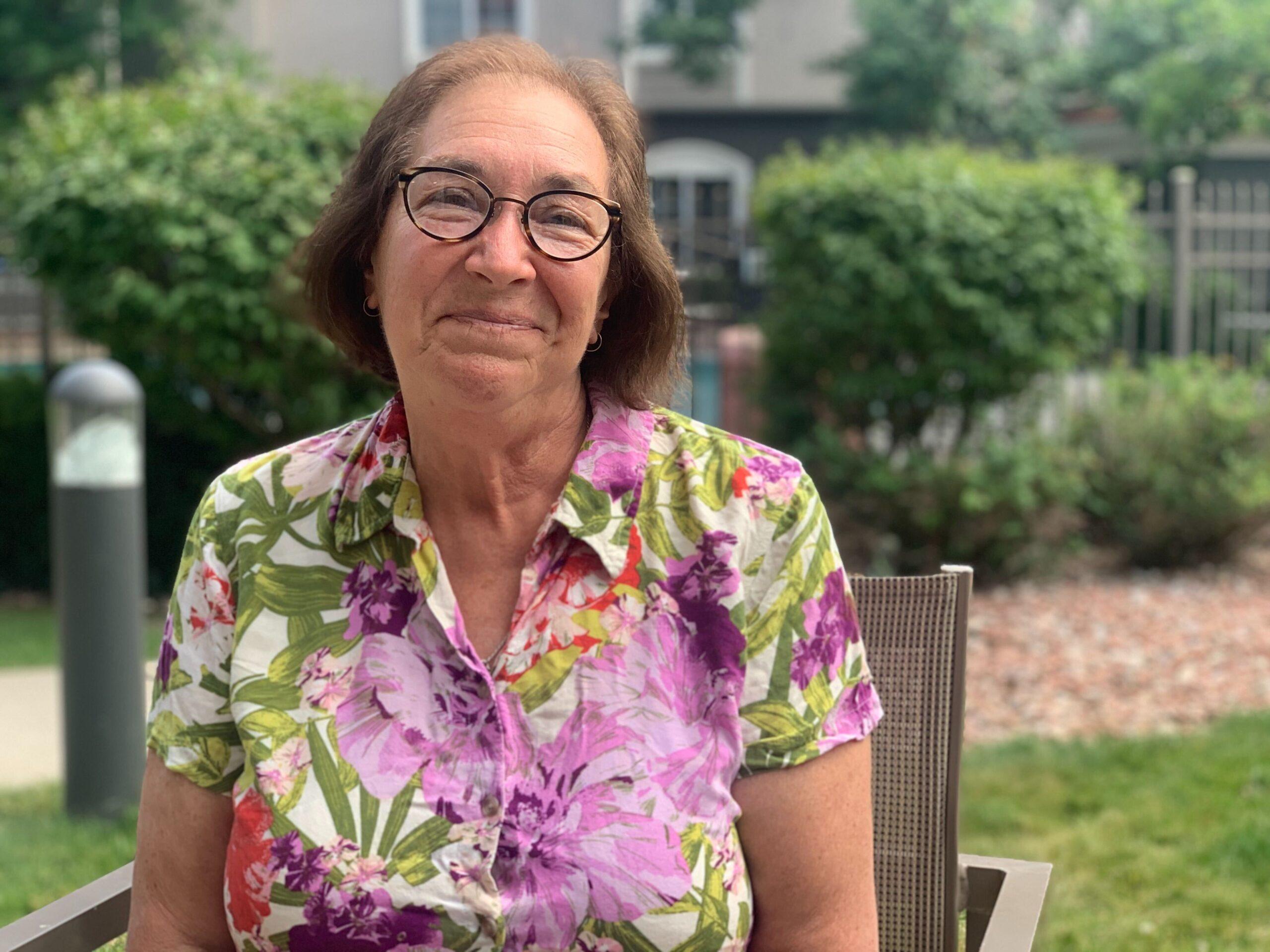
More Coloradans faced eviction after unemployment checks shrank and bans on eviction expired, but a long-feared tsunami of court cases hasn't hit the state so far.
The state courts accepted filings for more than 1,200 removals throughout July, and nearly 300 more in the first week of August.
That was a sharp acceleration from the earlier months of the pandemic when the courts were all but frozen. Still, it's far short of the state’s typical evictions activity, and it indicates that relatively few landlords moved toward immediate eviction as initial protections expired.
The Colorado Apartment Association argues that the low numbers are a sign of success.
“While evictions may creep closer to normal rates in August, the number of evictions is far, far below Colorado’s averages, and we attribute this to the way the community has stepped forward to help renters,” said Mark Williams, executive vice president for the organization, in a released statement.
Surveys of large apartment operators have shown relatively few renters have stopped paying their bills altogether, and the apartment association said that there was “not a crisis.” Emergency government housing funds and unemployment benefits may have blunted the edge of evictions up til now.
“We’ve been really fortunate over these last several months to see the stimulus that was put in place … really work I think the way they were intended and help people make their basic needs, including their rent payments,” said Tony Julianelle, president of Atlas Real Estate, which manages thousands of apartment units on the Front Range.
Still, he said, a sharp reduction in unemployment benefits could push more renters to the edge. The $600-a-week federal supplement expired in late July, and the $300-a-week replacement may not arrive for weeks more.
September “is definitely going to be the stress test, if you will, without the level of support we’ve had for the last few months.”
Changing financial factors aren’t the only threat to renters. More renters could face eviction as the last federal protections fade away.
Gov. Jared Polis’ ban on evictions expired back in June, but a federal CARES Act limit on certain removals was in place until July. It’s now been a month since that last protection disappeared, which means that landlords can start to take more cases to court. (Polis has ordered that landlords give 30 days' notice before filing for eviction, instead of the usual 10 days.)
“I think that we are certainly still concerned that there’s going to be a huge wave of evictions. I think that it’s easy to draw the wrong conclusions from the number of evictions filings we’ve seen so far,” said Javier Mabrey, an attorney working with the COVID-19 Eviction Defense Project.
His group and others have seen a growing demand for their free legal services in recent weeks, and he wants Polis to reinstate a ban on evictions. Housing advocates argue that evictions shouldn’t be happening at all during a pandemic.
Catherine Azar, 70, is living at a La Quinta in Louisville after her landlord in town filed for eviction. Her work caring for top-tier hunting and show horses on the West Coast dried up amid the pandemic and she hasn’t been able to collect unemployment benefits. Coloradans face months-long waits to get help with their unemployment applications.
“I feel a lot of anger. I feel a lot of loss. It’s hard to lose your home. I’m angry that in the middle of a deadly pandemic, that people would put money over helping a person who’s high risk, who could be out on the street getting sick and dying,” Azar said.
“It just feels wrong, and it feels like we don’t have enough in place to protect people like me. And there are a lot of us," she added.
She’s sustaining herself with thousands of dollars collected from an online fundraiser. Her volunteer attorney tried to strike a deal to pay part of the overdue rent, which she stopped paying in March and set a move-out date in the fall. But the landlord wouldn't agree to their plan, she said, instead opting to file for an eviction. An attorney for the landlord did not immediately respond to a request for comment.
Meanwhile, signs of poverty now mount in parts of Colorado.
In Adams County, the food pantry operated by the nonprofit Growing Home sees more than 100 families on some days. That’s 10 times the pre-pandemic number, it’s increased even in the last few weeks. CEO Karen Fox Elwell said it coincided with the sharp reduction in unemployment benefits.
“We have seen demand for food continue to increase in early August since those additional payments have gone away. We are starting to see close to 100 households each day for our food access, and we do attribute some of that to the decrease in extra unemployment,” she said.









